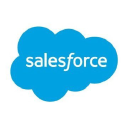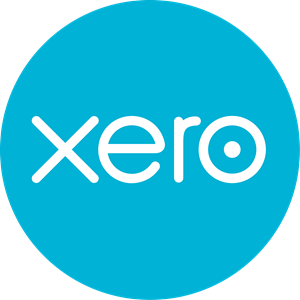How We Created A $1.8M/Year Product Management Course
Hello! Who are you and what business did you start?
My name is Ian Lunn and I am one of the Founding Directors of Product Focus, a leading global provider of product management courses in the UK, US, and Europe.
We provide training for product managers and product management teams, teaching them skills and providing the tools to excel in product management. We also review the product management roles and processes in companies to help them understand how to improve performance. We’re all about helping individuals and businesses deliver world-class product management. Over the past 15 years, we’ve trained thousands of product people and are now the European leaders in product management training running multiple courses every week.

What's your backstory and how did you come up with the idea?
My co-founder...





















